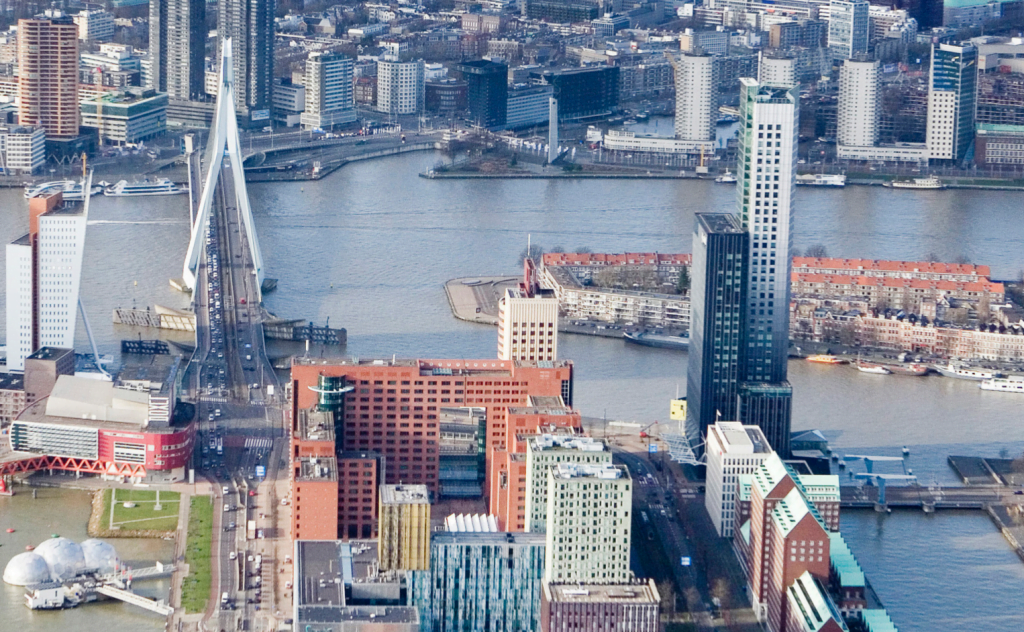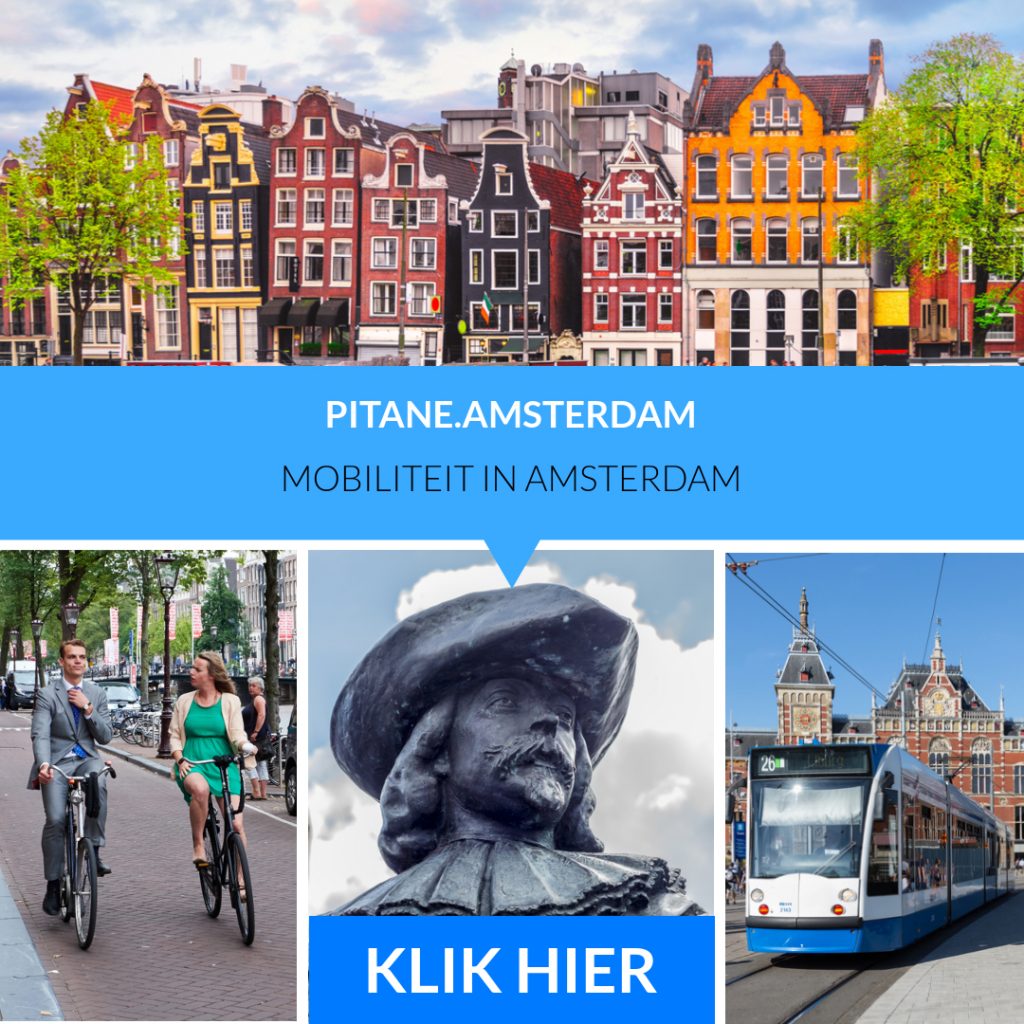With 30 megatons of CO2 per year, Rotterdam is responsible for 20% of the national CO2 emissions. The majority of this comes from the port (90%). Most of the emissions come from refineries and coal-fired power stations. A small part of the CO2 is captured and delivered to greenhouse horticulture in the Westland. In addition, companies are exchanging electricity and heat on an increasingly large scale.
In the city, most of the emissions come from traffic and homes. Most cars are fossil powered and most homes are heated with gas. Some of the houses are connected to the heat network that is fed with heat from waste incineration.
Where are we by 2030?
In 2030, according to the council agreement the industry in the port is partly electrified and works a lot more efficiently. Where fossil fuels are used, the CO2 is captured as much as possible and stored or used by, for example, horticulture in the Westland. The heat network has been expanded considerably, so that many more homes are heated with residual heat.
The coal-fired power stations are closed. Roofs of homes and businesses are full of solar panels and many windmills have been added in the harbor and off the coast.
Most of the cars are electric. The charging infrastructure has been adapted to this. In addition, more and more people are using bicycles and public transport. Homes are well insulated and most of Rotterdam uses residual heat.
Where will we be in 2050?
The port of Rotterdam is the sustainable hub of Europe. The industry has completely switched from fossil fuels to electricity and green hydrogen.
Clean energy and green hydrogen are also widely produced in the port. The port has also developed into a major player in the construction and maintenance of wind farms in the North Sea.
The city is equipped with a smart grid, so that the now considerably reduced energy demand and supply are well coordinated. All traffic is electric and the public transport network has expanded considerably.
Also read: MaaS pilot 'Moves' (Airport Rotterdam The Hague) to Pon



